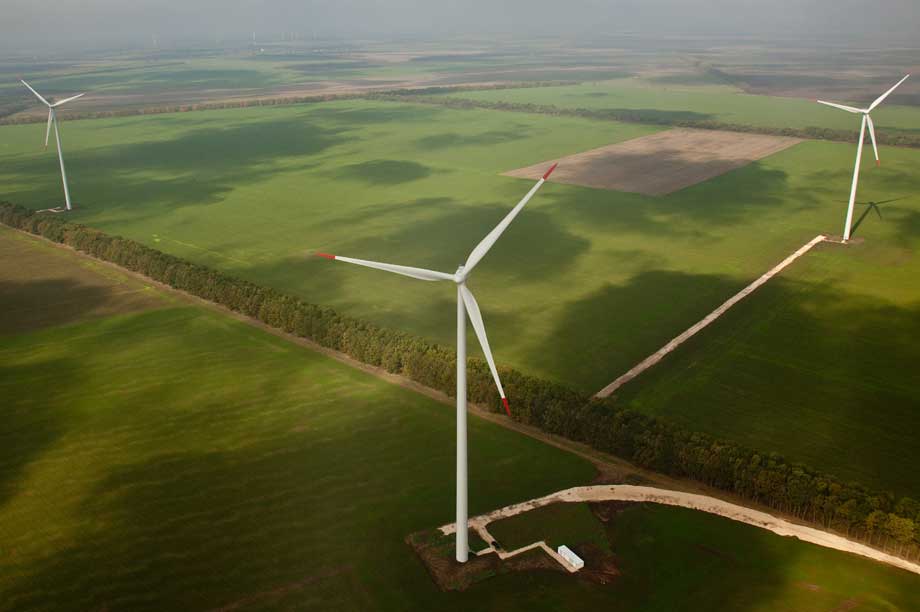A series of regulatory measures over the last two years has worsened prospects for the Bulgarian wind industry, including a major cut in the feed-in tariff (FIT) and a grid access fee slapped on operational renewable energy plants last year, equivalent to 10% of their FIT in the case of wind.
To make matters worse, interim energy minister Asen Vasilev indicated last month that around 40% of wind and solar farms could potentially be curtailed, claiming their failure to provide real-time data on production was threatening the stability of the system and made them non-compliant with the law.
Yet Bulgarian wind energy association (BGWEA) deputy executive director Mariyana Yaneva said that secondary legislation laying down technical requirements for providing real-time data has never been approved. At the same time, renewable producers cannot install the necessary equipment before receiving technical indications from the grid operator.
"Frankly speaking, wind and solar are not in any way threatening the stability of the system," said Yaneva. "Together they make up about 4-5% of total annual electricity production."
She said the problem appears to be financial rather than technical, particularly after a solar boom that saw nearly 1GW of new photovoltaic capacity come online in Bulgaria last year.
Developer PNE Wind, which is working on seven wind projects with a potential 250MW in the country, is waiting to see how the regulatory framework evolves before moving forward with these projects.
"We are looking intensively to Brussels and waiting for the European Commission to speak to the Bulgarian government so they will stick by their renewable energy action plan," said a PNE Wind spokesman.
"Currently, we don't see that wind farms can be run economically in the country."
Developer W Power has also frozen a 120MW wind project it has been working on through a joint venture with Chinese turbine manufacturer Ming Yang, says W Power chief executive Jonathan Mann.
"The industry is a mess," said Mann. "Investors are leaving the country."
Elections
Elections are scheduled for next month and Mann said he remains hopeful that a new Bulgarian government would be more favourable to renewable energy and to the business environment in general. Renewable energy could be a motor for improving the economic situation in Bulgaria, the European Union's poorest member state, he noted
In the meantime, Bulgaria's struggling wind industry has seen a glimmer of hope. In March, a three-judge panel of Bulgaria's highest administrative court ruled that with the grid access fee the energy regulator had violated EU directives and Bulgarian energy law requirements that prices are determined in a transparent, balanced and non-discriminatory way. The panel's revocation of the access fee will not take effect until the regulator's appeal is heard, but the positive initial ruling is expected to be confirmed on appeal.

.png)



.png)









